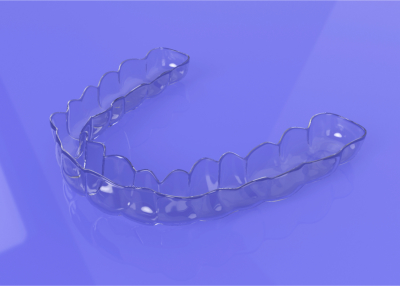Bite into Winter: Seasonal Tips for Healthy Teeth
November 13th, 2024
Winter is here, bringing festive gatherings, cozy evenings, and delicious seasonal treats. While it’s a time for celebration, it’s also important to keep your dental health in check as you indulge in holiday fun. Here are some tips to protect your teeth and maintain a bright, healthy smile this winter:
- Stay Hydrated
Cold weather can lead to dry mouth, a condition that reduces saliva flow and increases your risk of cavities. Sip water throughout the day to keep your mouth hydrated and wash away food particles and bacteria. - Limit Sugary Treats
From hot cocoa to holiday cookies, sugary snacks are everywhere this season. While enjoying your favorite treats is okay, try to limit how often you snack on them, as sugar fuels cavity-causing bacteria. Rinse your mouth with water or brush your teeth after indulging. - Protect Your Teeth from Sensitivity
Cold weather can trigger tooth sensitivity, especially if you have weakened enamel or exposed roots. Use a toothpaste designed for sensitive teeth and avoid biting into very hard, cold foods like ice or frozen treats. - Eat Tooth-Friendly Foods
Winter is a great time to enjoy foods that promote oral health, such as crunchy vegetables, cheese, and nuts. These foods help strengthen your teeth, stimulate saliva, and clean your enamel naturally. - Don’t Skip Your Dental Routine
The busy holiday season can make it tempting to skip brushing and flossing. Remember to brush twice daily for two minutes and floss at least once a day to keep plaque and cavities at bay. - Schedule a Post-Holiday Checkup
Start the new year with a healthy smile! Winter is an excellent time to schedule a dental cleaning and exam to ensure your teeth stay in top shape.
This winter, enjoy the season while keeping your smile radiant and healthy. A little extra care goes a long way in protecting your teeth during these colder months! ?





